Keywords: John Warhurst Is Professor Of Political Science At The Australian National University And A Canberra
-
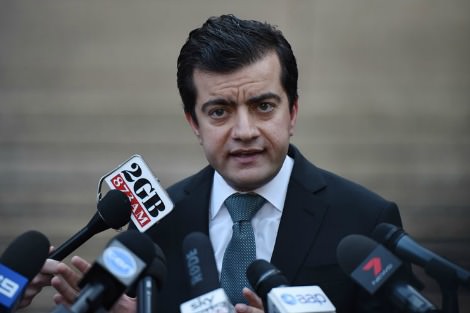
AUSTRALIA
- John Warhurst
- 20 June 2017
5 Comments
The revelations that several billionaires of Chinese origin have sought to influence Australian politics through large political donations have rekindled bipartisan concern to ban such donations. That it took investigative journalism by ABC and Fairfax media to generate such a rush to reform is a reflection on the Australian political class. While it is likely that reform legislation will be introduced and passed before the end of the year that will be only a very partial response to a bigger problem.
READ MORE 
-
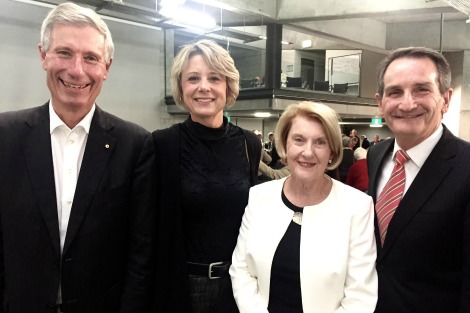
RELIGION
- John Warhurst
- 23 May 2017
54 Comments
Catholics have a proud record of exercising their democratic rights within Australian democracy as voters, members of political parties and lobby groups, and as elected representatives. But within their own church they have been taught to leave their democratic rights at the door. Now is the time to challenge that norm in parishes, dioceses and the wider church. In responding to the royal commission the church needs an infusion of democratic values, including transparency and accountability.
READ MORE 
-
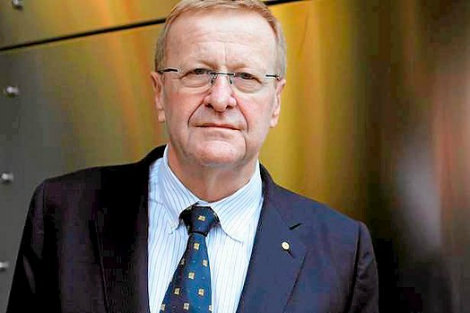
AUSTRALIA
- John Warhurst
- 26 April 2017
4 Comments
Recent adverse coverage of sporting organisations has revealed once again what looks like widespread organisational dysfunction. Sport is such a major part of Australian life that we should all be interested in what goes on within the multi-million dollar organisations that run it, whether it be the big football codes, cricket, tennis or the Olympic sports. The stakes are huge and the issues, including self-interest, interstate rivalries and personality conflicts are eerily familiar in public life more generally.
READ MORE 
-
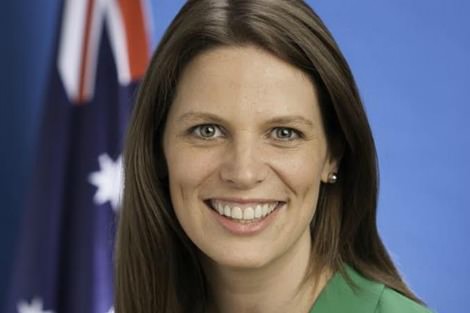
AUSTRALIA
- John Warhurst
- 30 March 2017
3 Comments
The announcement by Kate Ellis, the 39 year old federal Labor MP for Adelaide, of her retirement at the next election to be with her young son came as a surprise. Several Fairfax journalists were dismayed. Stephanie Peatling issued a challenge: 'It's not people who should have to change to make their lives fit politics as we know it. It's politics as we know it that should change.' The immediate issue is gender balance, but the wider context is all types of diversity in parliament.
READ MORE 
-
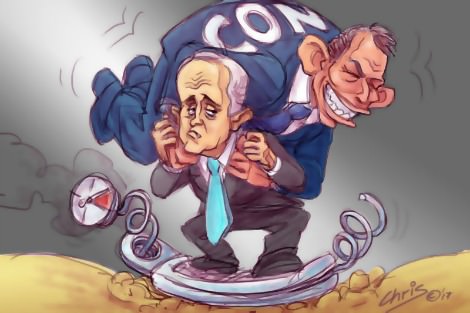
AUSTRALIA
- John Warhurst
- 03 March 2017
18 Comments
Two irreconcilable views of the ideological position of the Turnbull government are now in circulation. One, held by those who once had high hopes that Malcolm Turnbull would lead a small l liberal government, is that the Coalition clearly is conservative. The other, advanced by South Australian Senator Cory Bernardi when he deserted the ship to form the Australian Conservatives, is that the Turnbull government is not conservative enough, maybe not even conservative at all. Both views can't be right.
READ MORE 
-
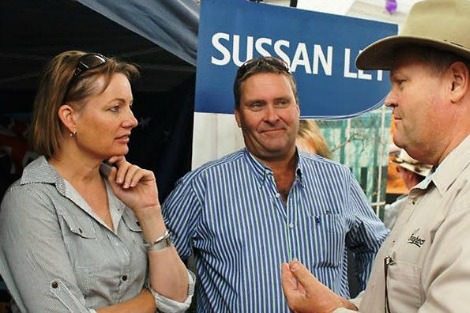
AUSTRALIA
- John Warhurst
- 31 January 2017
7 Comments
The question of proper parliamentary and government work expenses remains unresolved. Whether rural MPs should use charter flights rather than commercial airlines is the latest aspect. Every element of political work expenses is now under sceptical public scrutiny. The recent case of former Minister for Health Sussan Ley is just one of many questionable instances. The central question is what is a legitimate work expense for politicians. The matter of who should then pay is secondary.
READ MORE 
-
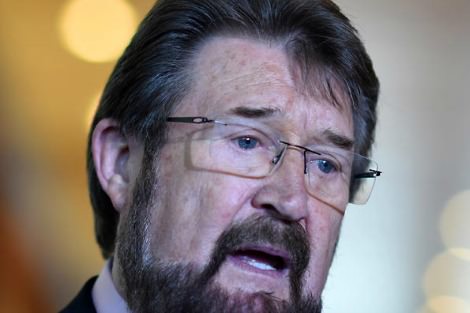
AUSTRALIA
- John Warhurst
- 05 December 2016
4 Comments
To say the Senate cross bench is a mixed bag is an understatement. All that is really lacking is an extreme left senator unrestrained by Labor/Green discipline. Amid all the controversy I've grown comfortable with their place in the Senate and appreciative of their collective presence in an otherwise party dominated chamber. They each have their flaws, but they make a generally positive contribution to public discussion and to ultimate legislative outcomes. We are better off for their presence.
READ MORE 
-
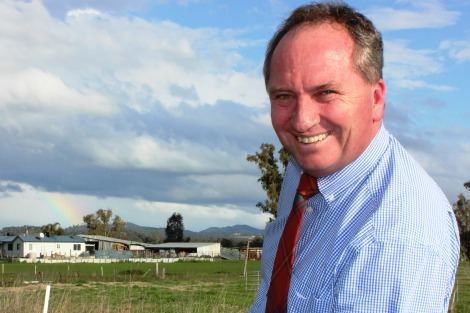
AUSTRALIA
- John Warhurst
- 31 October 2016
13 Comments
The Nationals are the under-rated story within the Turnbull government. From the moment the party negotiated its binding agreement with Malcolm Turnbull, it has stood strong and determined. After about 30 years the Greens are still finding their way and learning their trade. They remain the outsiders looking in, whereas the Nationals are the ultimate insiders. Perhaps the Greens try too hard to be responsible, and would benefit from a dose of some of the larrikinism which the Nationals offer.
READ MORE 
-
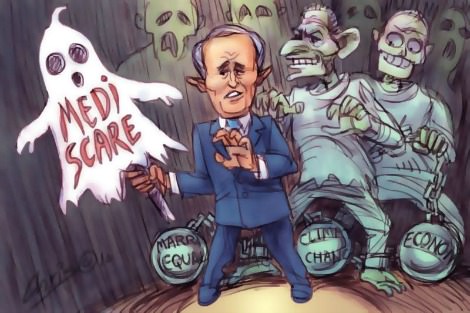
AUSTRALIA
- John Warhurst
- 03 October 2016
5 Comments
The main message of the 2016 election review delivered recently at the National Press Club by Tony Nutt, the federal director of the Liberal Party, was that Turnbull only failed to have a convincing victory because of the 'Mediscare' by the Labor Party. It is a message that deflects attention from the current and past weaknesses of the government and the prime minister. It is like a football coach who after a loss or a narrow win blames his team's performance on the dirty tactics of the opposition.
READ MORE 
-

AUSTRALIA
- John Warhurst
- 31 August 2016
17 Comments
If the plebiscite bill is defeated in parliament Labor, the Greens and Nick Xenophon will bear responsibility for not taking the opportunity offered even if it is in their view a second-best option. The government is already labelling them as same sex marriage wreckers. Yet if before too long a parliamentary alternative, such as a free vote, is found to advance the cause of same sex marriage then the rejection of the plebiscite option will come to be applauded as a master stroke.
READ MORE 
-
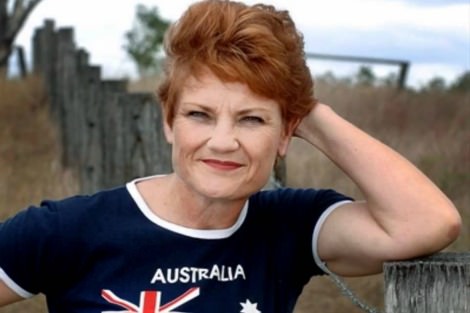
AUSTRALIA
- John Warhurst
- 02 August 2016
6 Comments
Turnbull had hoped to bring about a new Senate with most of the 'troublemakers' gone. But the new cross-bench seems certain to be both larger and more diverse. Commentary since the election has concentrated primarily on how the numbers in the new Senate will make it difficult for Turnbull. A better focus would be to look back at Senate-government interaction over the past two years for some positive lessons for Turnbull about what actually happened. It was not just a numbers game.
READ MORE 
-
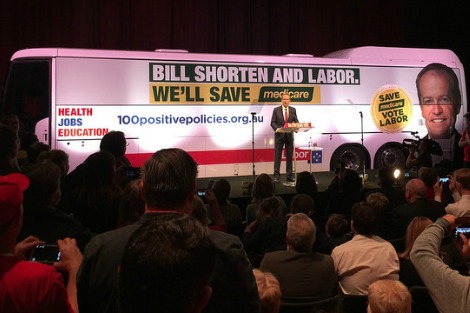
AUSTRALIA
- John Warhurst
- 05 July 2016
8 Comments
Turnbull's most pressing decision if he is returned will be what to do with Abbott, whether to bring him back into the ministry or leave him on the backbench with the promise of a future diplomatic posting. He will need to renegotiate the Coalition agreement with the Nationals from a position of weakness and in the context of both these decisions begin to think about what to do with the big issues of climate change, asylum seekers aand same sex marriage. He must not just gird his loins for many tough battles but recognise that the battlelines have been re-set to his disadvantage.
READ MORE 